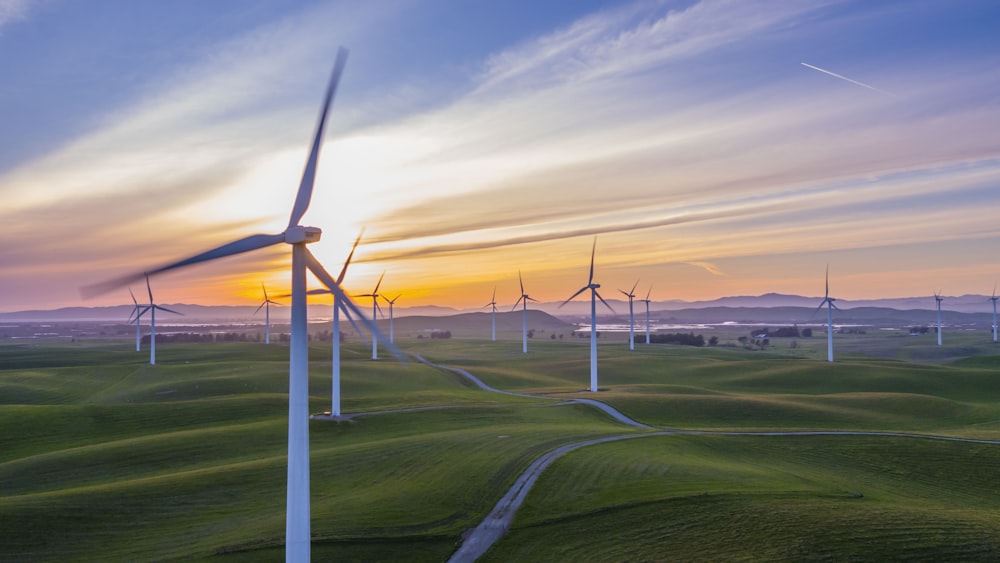Hãy làm một ví dụ dạng bài Yes/No/Not Give được trích từ đề thi Cambridge Ielts 5 và phân tích câu trả lời nhé!
READING PASSAGE 1
You should spend about 20 minutes on Question 1-6, which are based on Reading Passage 1 below
The Truth about the Environment
For many environmentalists, the world seems to be getting worse. They have developed a hit-list our main fears; that natural resources are running out; that the population is ever-growing, leaving less and less to eat; that species are becoming extinct in vast numbers, and that the planet’s air and water are becoming ever more polluted
But a quick look at the facts shows a different picture. First, energy and other natural resources have become more abundant, not less so, since the book ‘The Limits to Growth’ was published in 1972 by a group of scientists. Second, more food is now produced per head of the world’s population than at any time in history. Fewer people are starving. Third, although species are indeed becoming extinct, only about 0.7% of them are expected to disappear in the next 50 years, not 25-50%, as has so often been predicted. And finally, most forms of environmental pollution either appear to have been exaggerated, or are transient – associated with the early phases of industrialisation and therefore best cured not by restricting economic growth, but by accelerating it. One form of pollution – the release of greenhouse gases that causes global warming – does appear to be a phenomenon that is going to extend well into our future, but its total impact is unlikely to pose a devastating problem. A bigger problem may well turn out to be an inappropriate response to it
Yet opinion polls suggest that many people nurture the belief that environmental standards are declining and four factors seem to cause this disjunction between perception and reality
One is the lopsidedness built into scientific research. Scientific funding goes mainly to areas with many problems. That may be wise policy, but it will also create an impression that many more potential problems exist than is the case
Secondly, environmental groups need to be noticed by the mass media. They also need to keep the money rolling in. Understandably, perhaps, they sometimes overstate their arguments. In1997, for example, the World Wide Fund for Nature issued a press release entitled: ‘’Two-thirds of the world’s forests lost forever’. The truth turns out to be nearer 20%.
Though these groups are run overwhelmingly be selfless folk, they nevertheless share many of the characteristics of other lobby groups. That would matter less if people applied the same degree of scepticism to environmental lobbying as they do to lobby groups in other fields. A trade organisation arguing for, say, weaker pollution controls is instantly seen as self-interested. Yet a green organisation opposing such a weakening is seen as altruistic, even if an impartial view of the controls in question might suggest they are doing more harm than good.
A third source of confusion is the attitude of the media. People are clearly more curious about bad news than good. Newspapers and broadcasters are there to provide what the public wants. That, however, can lead to significant distortions of perception. An example was America’s encounter with El Nino in 1997 and 1998. This climatic phenomenon was accused of wrecking tourism, causing allergies, melting the ski-slopes and causing 22 deaths. However, according to an article in the Bulletin of the American Meteorological Society, the damage it dis was estimated at US$4 billion but the benefits amounted to some US$19 billion. These came from higher winter temperatures (which saved an estimated 850 lives, reduced heating costs and diminished spring floods caused by meltwaters)
The fourth factor is poor individual perception. People worry that the endless rise in the amount of stuff everyone throws away will cause the world to run out of places to dispose of waste. Yet, even if America’s trash output continues to rise as it has done in the past, and even if the American population doubles by 2100, all the rubbish America produces through the entire 21st century will still take up only one 12,000th of the area of the entire United States
So what of global warming? As we know, carbon dioxide emissions are causing the planet to warm. The best estimates are that the temperatures will rise by 2-3 ℃ in this century, causing considerable problems, at a total cost of US$5,000 billion
Despite the intuition that something drastic needs to be done about such a costly problem, economic analyses clearly show it will be far more expensive to cut carbon dioxide emissions radically than to pay the costs of adaptation to the increased temperatures. A model by one of the main authors of the United Nations Climate Change Panel shows how an expected temperature increase of 2.1 degrees in 2100 would only be diminished to an increase of 1.9 degrees. Or to put it another way, the temperature increase that the planet would have experienced in 2094 would be postponed to 2100
So this does not prevent global warming, but merely by the world six years. Yet the cost of reducing carbon dioxide emissions, for the United States alone, will be higher than the cost of solving the world’ single, most pressing health problem: providing universal access to clean drinking water and sanitation. Such measures would avoid 2 million deaths every year, and prevent half a billion people from becoming seriously ill
It is crucial that we look at the facts if we want to make the best possible decisions for the future. It may be costly to be overly optimistic – but more costly still to be too pessimistic
Questions 1-6
Do the following statements agree with the information given in Reading Passage 1? In boxes 1-6 on your answer sheet, write
YES if the statement agrees with the writer’s claims
NO if the statement contradicts the writer’s claims
NOT GIVEN if it is impossible to say what the writer thinks about this
1 Environmentalists take a pessimistic view of the world for a number of reasons
2 Data on the Earth’s natural resources has only been collected since 1972
3 The number of starving people in the world has increased in recent years
4 Extinct species are being replaced by new species
5 Some pollution problems have been correctly linked to industrialisation
6 It would be best to attempt to slow down economic growth
Nguồn: Cambridge Ielts 5
Đáp án
1 Yes
2 Not Given
3 No
4 Not Given
5 Yes
6 No
Giải thích:
1 Đáp án nằm ở câu 1 đoạn 1. ‘’pessimistic’’ ở đây sẽ paraphrase cho ‘’seems to be getting worse’’
2 Thông tin duy nhất về 1972 là ‘’the book ‘The Limits to Growth’ was published in 1972’’ và không phải là thông tin giống statement cũng không phải thông tin trái ngược
3 Tìm những Synonyms và Antonyms của ‘’ increase’’ hoặc cách paraphrase khác ta có câu ‘’ Fewer people are starving’’ ở đây mang ý nghĩa trái ngược
4 Thông tin chúng ta tìm được chứa từ khóa ‘’species’’ là ‘’although species are indeed becoming extinct, only about 0.7% of them are expected to disappear in the next 50 years, not 25-50%, as has so often been predicted’’ chỉ đề cập đến khả năng có thể biến mất, không đề cập đến khả năng bị thay thế bởi loài mới
5 Thông tin chứa từ khóa ‘’industrialisation’’ có thể tìm thấy trong câu ‘’ And finally, most forms of environmental pollution either appear to have been exaggerated, or are transient – associated with the early phases of industrialisation and therefore best cured not by restricting economic growth, but by accelerating it’’ – ‘’associated with the early phases of industrialisation’’ = ‘’ correctly linked to industrialisation’’
6: Bạn có thể tìm thấy thông tin câu trả lời ở phần ‘’ Despite the intuition that something drastic needs to be done about such a costly problem, economic analyses clearly show it will be far more expensive to cut carbon dioxide emissions radically than to pay the costs of adaptation to the increased temperatures.’’ Tác giả chỉ ra nghiên cứu việc giải quyết khí thải CO2 sẽ tốn kém hơn, chấp nhận dùng kinh tế để bù đắp cho việc thải khí CO2 suy ra không được ‘’ slow down economic growth’’
Mong bài viết hữu ích cho bạn, chúc bạn học tốt!
Nguồn đề: Cambridge ielts 5










